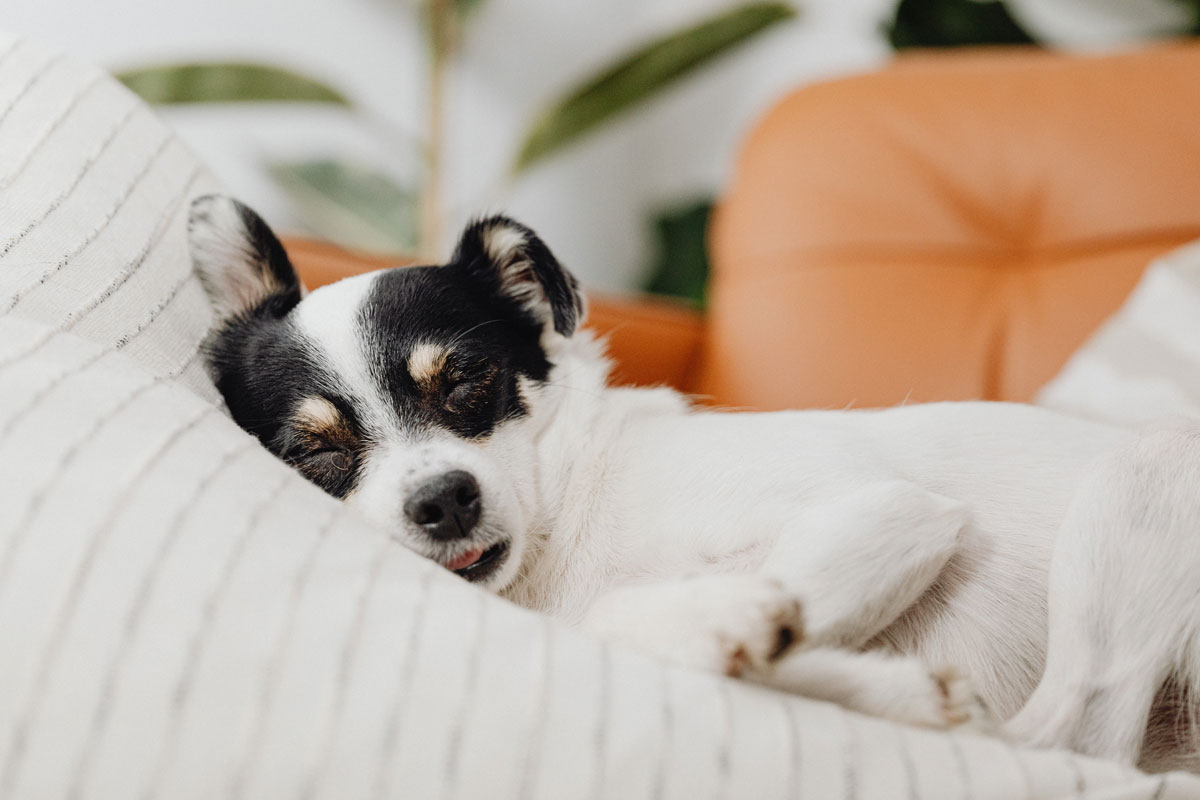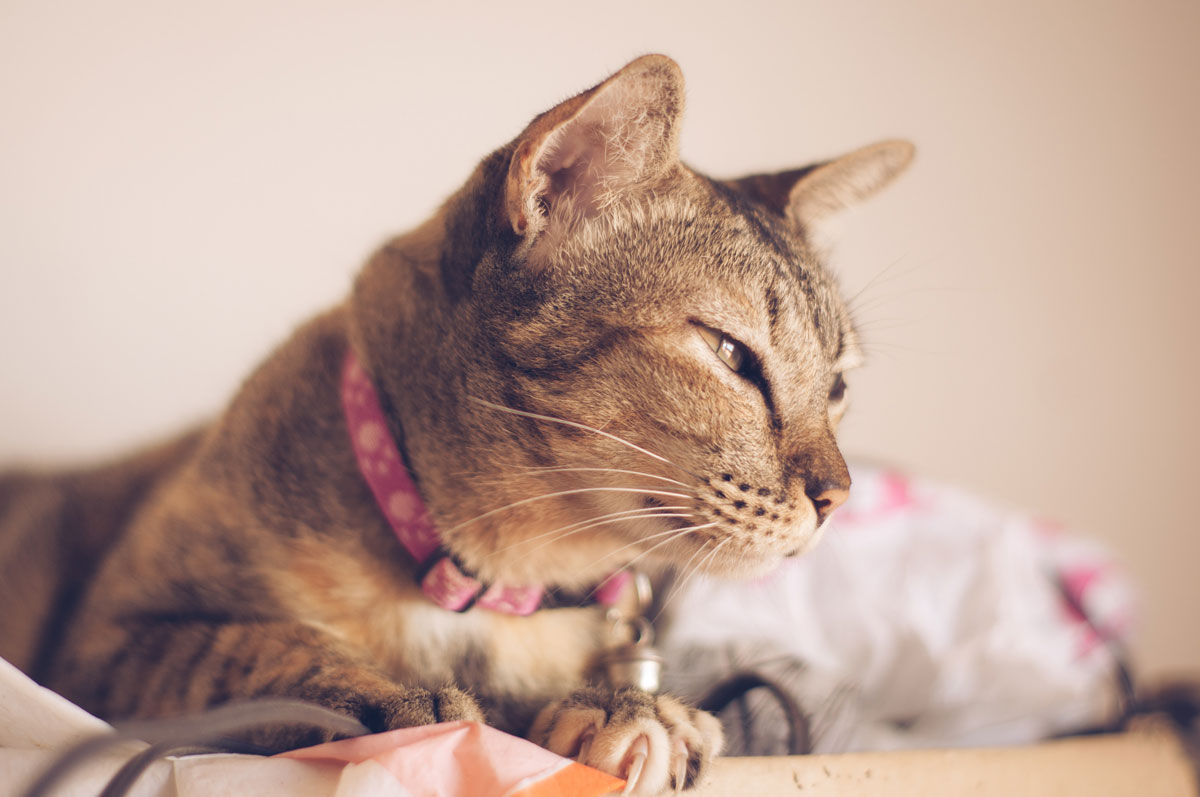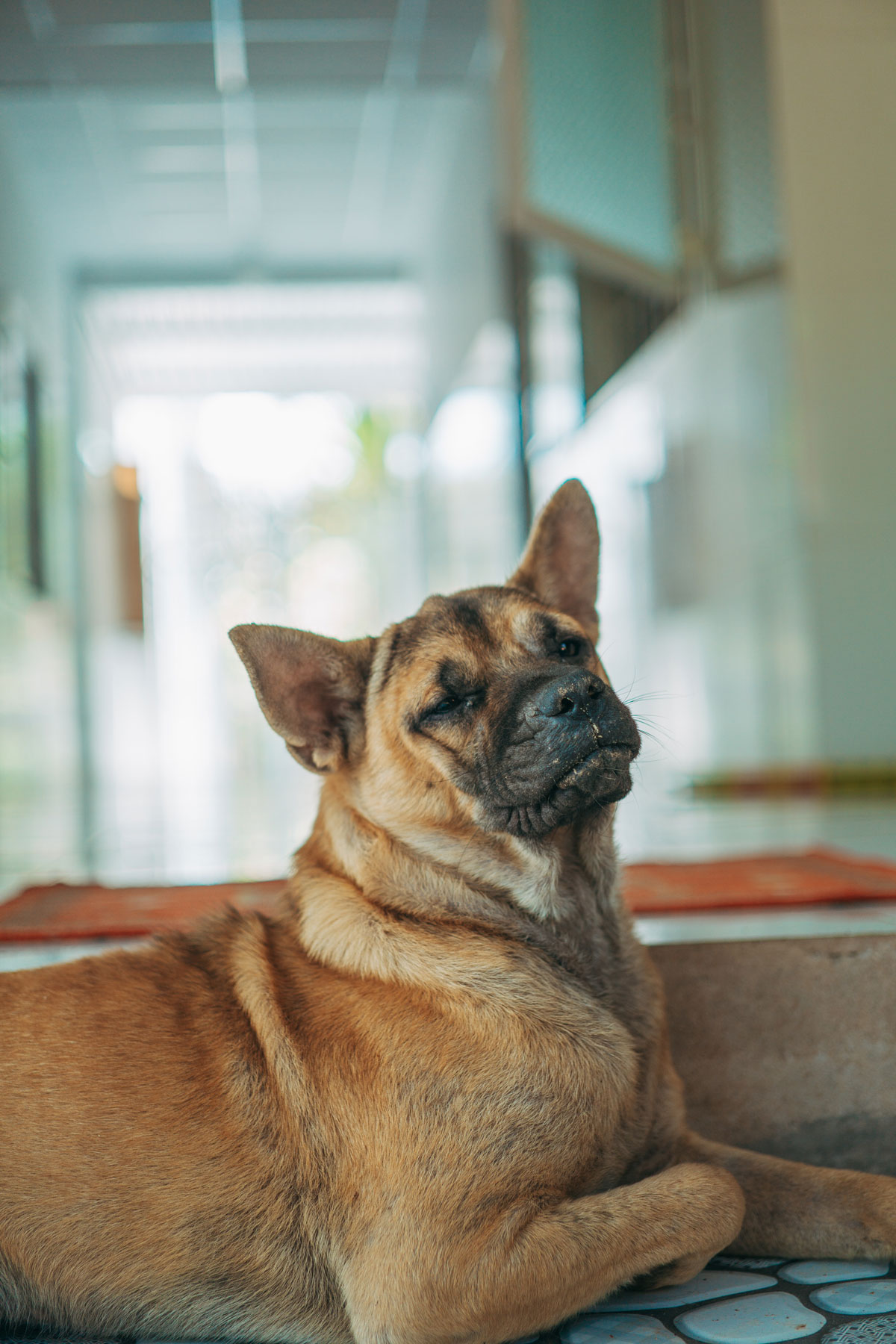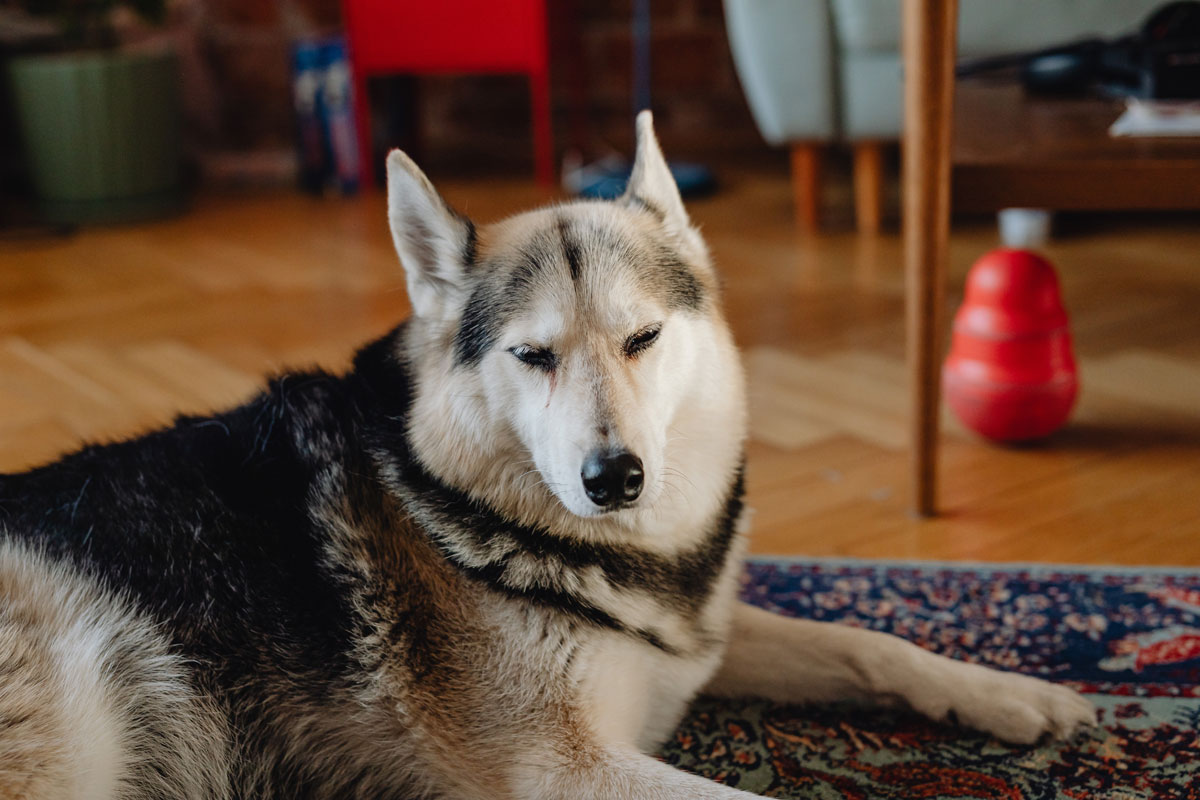
One of the many things you settle into in your 30s is firmly knowing which camp you belong to, early bird or night owl. I identify as the latter. And let’s be real, there’s a lot more positivity ascribed to the early birds. They tend to get in more physical activity, they have a reduced risk of depression, and of course, they get the worm. Us night owls, by contrast, tend to be viewed as lazy. Yahoo! Life just ran an article asking if the unequal reputations between early birds and night owls are valid. While they didn’t flat out say one is better than the other, the studies cited sure seemed to benefit early birds:
Early birds get about an hour more activity each day: One 2020 cohort study of more than 5,000 people published in the Scandinavian Journal of Medicine and Science in Sports had people who were early birds and night owls wear activity trackers on their wrists for two weeks. The researchers found that early birds had up to 60 to 90 minutes more activity during the day than their night owl counterparts.
Early birds have a decreased risk of major depression: A study published in JAMA Psychiatry in 2021 linked early birds with a lowered risk of developing depression. For the study, researchers analyzed two genetic databases of more than 800,000 adults, along with data on major depression diagnoses and when people typically went to sleep and woke up. The researchers found that people who were early birds had a 23% lower risk of developing major depression for every hour earlier they reached their midpoint of sleep (that is, the middle of their sleep cycle).
Night owls have an increased risk of type 2 diabetes: Another study, this one published in the Annals of Internal Medicine in September, linked being a night owl to having a greater risk of developing type 2 diabetes. The study analyzed data from 63,676 nurses from the ages of 45 to 62 and found that those who preferred to stay up late were 54% more likely to have unhealthy lifestyle habits, such as smoking, not sleeping enough, not exercising and a poor diet. The researchers also discovered the night owls were 19% more likely to develop type 2 diabetes.
Night owls have a 9% greater risk of early death: Being an early bird is even linked to having a longer life. A Chronobiology International study published earlier this year followed nearly 24,000 twins from 1981 to 2018 and asked them about their sleep habits. The researchers also looked at death records and, after adjusting for factors like alcohol use, smoking, body mass and sleep duration, found that night people had a 9% greater risk of early death than their morning counterparts.
Night owls are more creative and alert: Older research has found that people who stay up late are more likely to be creative than those who have earlier bedtimes. Night owls are also more likely to be mentally alert and have faster response times before bed than early birds, according to another study.
Doctors weigh in on sleep schedules: The sleep schedule you prefer can be caused by a mix of factors, Dr. Beth Malow, director of the Sleep Disorders Division at Vanderbilt University Medical Center, tells Yahoo Life. “It’s definitely biological but can also be related to habits, such as when a spouse prefers to go to bed,” she says. Dr. W. Christopher Winter, a neurologist and sleep medicine physician with Charlottesville Neurology and Sleep Medicine and host of the Sleep Unplugged podcast, tells Yahoo Life, “Jobs and family life also tend to influence bedtimes.”
The number of hours you sleep is more important than when you sleep: Despite all the research to support early birds, doctors say what’s more important is to ensure you get the recommended seven or more hours of sleep a night. “If your schedule allows it, it’s often easier to just stick with what you are comfortable with than to try to change it,” Malow says. Winter agrees. “If you’re killing yourself trying to wake up at 7 a.m. and you have the capacity to get up at 9 a.m. instead, there’s no problem with that as long as you’re exercising and eating well,” he says. “Just stay consistent, and you’ll be fine.”
So as a night owl, I have a greater chance of being depressed, developing type 2 diabetes, and dying younger… but at least I’m more creative! I guess I’ll take it, but that’s just a testament to how much I hate it when the alarm goes off in the morning. It always feels like a violent crash back into reality, even with setting my iPhone alarm to the dulcet tones of Cat Stevens singing “Morning Has Broken.” Also, why didn’t they cite the “older research” for the creativity results? Who were the test subjects, anyway, Broadway stage actors at 11:30pm curtain calls?! Cause it kinda felt like they were just trying to throw us a bone there. Well, the data isn’t pointing to anything quantifiably superior, so let’s tell them they’re more creative! I’ll listen to the doctors quoted at the end and focus on getting a consistent number of hours a night, more than when they happen. Now if I could just get my day job on board with slightly later hours…
Photos credit: Karolina Grabowska, Nattaphat Phau, Fox, Min An and Yelyzaveta Martynenk on Pexels




















argh….night owl and science geek here…i wish that journalists quoting research, like in the above yahoo article, would point out that the negative outcomes for night owls may not be due to our biological late clocks but may be due to the fact that we are forced to live in an early bird wired culture. if we were allowed to daily follow our programmed rhythm, would we maybe be healthier but few of us can do that.
THIS, 1000%. I think this has more to do with the fact that early birds tend to get up and exercise in that timeframe because they’re not distracted by work, children, etc. But as a childfree person who is a night owl, I exercise regularly and eat healthy — namely, I don’t gorge on food late at night before sleeping. I think THOSE are the factors that lead to the prevalence of other diseases, not staying up late.
Another night owl and sciencey CB’er here @Zengirl! Totally agree. I barely get my brain started before midday, then by the time I’m in the swing of anything everyone else is winding down, it’s very frustrating. But the world in general is definitely designed for larks, I agree. A obvious thought I have is that I often need to go somewhere or buy something but everything is closing, I hate that. There must be something useful about it, perhaps working across different timezones?
Exactly!
I was a night owl for most of my life. I loved being up when everyone was asleep, when it was quiet, the coziness of darkness, the stillness… I used the time to write and paint then. I just *felt* more creative. I’d be up till 3-4, crash for 2-3 hrs then get up for school lol. Sometimes, it was just even a book I couldn’t put down (I remember staying up *all* night to finish “The Stand” in one day; started it in the morning, and just kept saying “Just *one*more* chapter…” Next thing I knew the sun was up!). Even when I was out of school, I’d be up till at least 1-2 am, up at 6 am to get ready to go to work.
Now, after having to change my schedule (after moving in with my dad and becoming his primary caretaker), I went to bed early (after putting him into bed around 8:30), be asleep by 9:30, and up around 6/6:30 (so I could have an hr or so of “my time” with coffee and “Morning Joe” lol).
To be honest, even now – a few months after he passed – I’m still on that schedule. I’m finding I *like* the early morning quiet. I still make my coffee, but now go in the living room, light the fireplace, and enjoy my coffee and “Morning Joe” w/out a time constraint.
Lazy mornings are delicious!
I’m a day dreamer and a night thinker. At the age of 42 I’ve finally come to terms with that. I’ll never like mornings, I’ll never fall asleep before midnight, I’ll always sleep in LATE on weekends.
The extra depression could be entirely accounted for by have to have jobs and schools (and mealtimes) that don’t fit your natural circadian rhythms.
At a certain point these sorts of studies are just bullying. It’s a way of blaming people for poor health outcomes, despite the fact that they have little control over their schedules.
“At a certain point these sorts of studies are just bullying. It’s a way of blaming people for poor health outcomes, despite the fact that they have little control over their schedules.”
This this this. This “research” is about as non-scientific as it gets.
I hate reports like this because they aren’t reporting on actual scientific research and are, instead, using anecdotal reviews and conflating actions with results.
Your sleep schedule is irrelevant, what you do during your waking hours is relevant. If you eat well for your body, exercise well for your body, limit/eliminate alcohol, avoid all tobacco/nicotine/vaping products, and get a satisfying amount of sleep your health will be higher than average regardless of what time of the day you are awake.
But that doesn’t grab headlines…
Early bird here! Love the sleepy animal photos!
People with ADHD also have delayed melatonin release, which makes your body’s sleep schedule more like 12a-10am compared to people with earlier sleep schedules. I’ve always been a night owl, but I’ve slowly adjusted to a slightly more larkish schedule over the years due to work.
Society definitely favors the larks, though, and I don’t actually think they realize how much. The last minor car accident I had was because I was so tired I misjudged an angle while turning. Those super early appointments can be murder if you’re not somebody whose body does it naturally.
Blah, blah, blah. Coffee is good for you, coffee is bad for you, Wine is good for you, wine is bad for you. Eggs are bad, no wait, they’re good….
Back in the ’70’s my doctor said to me, “It doesn’t matter what you do. In ten years someone will be telling you it’s killing you.”
i know right?
Night owl here.
Also a painter, also suffering from depression for most of life (doctor diagnosis, not mine).
Sooooo….should i check for diabetes?
In the summer, I’m an early bird. Winter is harder, because I hate waking up before sunrise, but living in the Pacific Northwest it’s pretty impossible to wait for the sun to come up – I’d be in bed until 9am.
When I was younger I was a total night owl. Midnight was an early night for me. That’s pretty much impossible now. My roommate (aka the dog) has decided that 9pm is the official bedtime, and I get passive aggressive sighs and staring until the lights go out and we move to the bedroom. Nothing is stopping him from going to bed without me, but apparently sleeping is a team sport for him.
awww, your dog sounds adorable! <3
I work from home and am a night owl. I typically go to bed at 1-2am and get up 9-10am. I never can go to bed earlier than midnight unless I am seriously jetlagged or sick. I remember being like this at 8 or 9 years old staring at the ceiling for hours when my bedtime was 9 or 10pm.